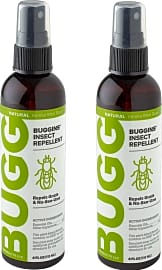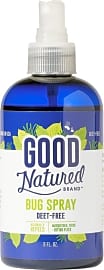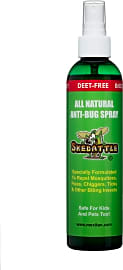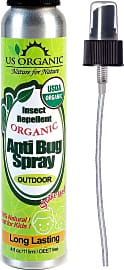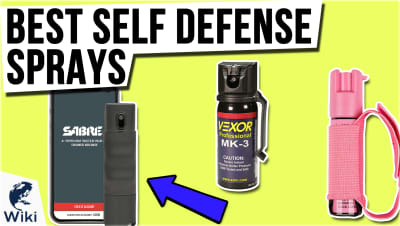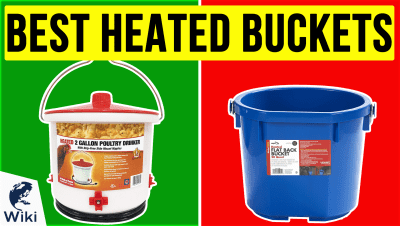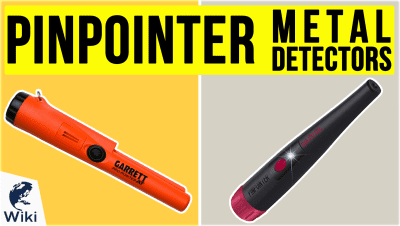The 10 Best Natural Bug Sprays

This wiki has been updated 37 times since it was first published in January of 2017. Concerned with the number of potentially harmful chemicals in our daily lives, people are increasingly turning to natural insect repellents as an alternative to traditional formulations. Though many of these options utilize blends of essential oils that are popular, their efficacy is often anecdotal, so they may not protect you from insect-borne diseases as well as DEET-based products will. When users buy our independently chosen editorial recommendations, we may earn commissions to help fund the Wiki.
Editor's Notes
August 08, 2019:
On this update we've bumped Repel's Lemon Eucalyptus spray from #5 to the top position after finding evidence confirming the effectiveness of OLE (oil of lemon eucalyptus) for repelling mosquitos. While other botanical formulations on our list are popular amongst consumers, studies haven't proven their efficacy, so all we have is anecdotal evidence. OLE, on the other hand, has been proven in peer-reviewed studies to work well against mosquitos. Repel's spray contains an impressive 30% OLE, which is equal to or greater than other OLE-based repellents available today. Now that the science is out, we expect to see more OLE-based formulations developed and brought to the market in the coming months and years. For now, Repel's spray is our favorite.
It is worth noting that unless you're ingesting DEET-based formulations or applying them directly to mucous membranes, studies are demonstrating that DEET may not be as harmful as was previously thought. And while some of the repellents on our list do a decent job at keeping mosquitos away, many fall short when it comes to other insects. Whereas DEET works very well at repelling ticks, it is not yet clear whether OLE has any effectiveness against them. While there's a very small chance of contracting Lyme's or other insect-borne diseases during your lifetime, we'd suggest balancing the risks and deciding whether it's worth taking the chance by opting for a potentially less-effective bug spray.


